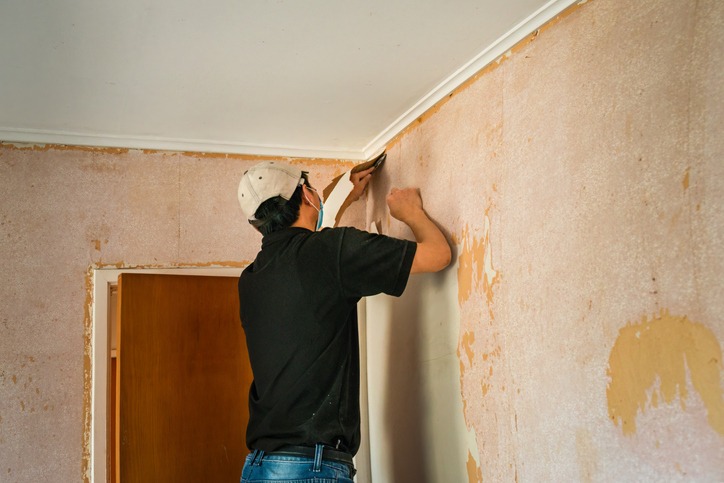Most of the time, basements serve as both living and storage areas. Don’t give up if your basement is tiny or if it has turned into a storage facility for all of your souvenirs and challenging-to-store objects. Finding the appropriate balance between the two uses for your basement may be difficult, but with a little organization, you can make the most of the space while making it look fantastic. Follow these steps for the most efficient and effective use of your basement development storage space. Ask a professional if you need to learn more about junk removal services.
Get Organized – Eliminate Dysfunction
The first step in organizing any room, particularly your basement development, is to take control of the clutter. This approach might seem particularly challenging if your basement has turned into a catch-all for anything you don’t know what to do with. Rolling up your sleeves and getting to work is the best action.
Start by clearing out every closet and storage area you have. Yes, remove everything from each area so you can evaluate each thing objectively. Sort the objects into four piles:
- Hold: keep the stuff you genuinely use and truly adore.
- Give: donate used books or toys that are less expensive but still in excellent shape to your local charity.
- Sell: You may have a garage sale or sell higher-value goods that are still in working order online.
- Toss: Discard everything that is broken, no longer functional, or particularly unappealing, especially if you don’t have any urgent intentions of fixing it.
Once you’ve sifted through all of your clutter, group the things you want to retain into heaps according to categories like books or seasonal decorations. Sorting your goods into categories will make it easier for you to decide if you need to buy more storage equipment and what kind of equipment you may require.
Make Zones in Your Basement
If your basement has various uses, creating separate zones might help you keep organized. Some examples of these zones include:
- Utilities
- Living area
- Storage
Effective Storage Space Tips
You may begin storing your items now that your basement development has been decluttered and divided into several areas. Here are some of the greatest hints for maintaining order in your basement and reducing clutter:
1. Fill Up All Available Space
You may utilize every nook and corner in your basement for storage. This includes the area beneath your stairs or up near ceilings. You can build bespoke built-in storage units, mount shelves, or buy modular freestanding shelf systems.
2. Increase Shelf Space
If your basement is prone to moisture or periodic flooding, keeping your belongings off the ground and on shelves is a good idea to help avoid damage. Note that metal shelving is more heat, humidity, and moisture resistant than wood shelves.
3. Use Drapes to Conceal Clutter
You may hang a drape to cover up messy shelves or other unappealing storage spaces. This is an easier option when it comes to basement renovations, as you don’t need to install doors. You can even use sticky velcro to create aesthetic visual barriers.
4. Ensure That Everything Has a Home
It’s simpler to find a place for each thing if you organize all of your possessions into categories once you declutter, even if that category is “miscellaneous.” Additionally, this makes it simpler to manage new goods as soon as they enter your basement storage area.
5. Use Plastic Containers to Store Items
Flooding and moisture may both be significant issues in your basement development. Books and antique images, in particular, will be better off being stored in plastic containers to prevent damage. Plastic containers are simpler to stack and transport than cardboard boxes.
6. Get a Peg Board
A pegboard is great for organizing tools and cleaning materials and helps you make the most of your wall space. Additionally, you may easily adjust the layout of your pegboard as your storage requirements change or as you complete and begin new projects.
Things to Keep Out of Your Basement
It would be best if you did not keep some things in your basement since they are often moist and are vulnerable to flooding and water damage, such as:
- Books, invoices, and other significant files and records are examples of paper goods.
- Clothing and bedding made of fabrics may grow mildew.
- Pictures and other artifacts
If storing these goods in your basement is your only option, utilize watertight plastic containers and take the necessary safety measures to avoid mould and mildew growth.
Storage in a Cinch
It might be intimidating to take on the mountain of junk that has amassed in your basement development, but it will be worthwhile when you can utilize the room and aren’t forced to wade through a sea of things you no longer need.
